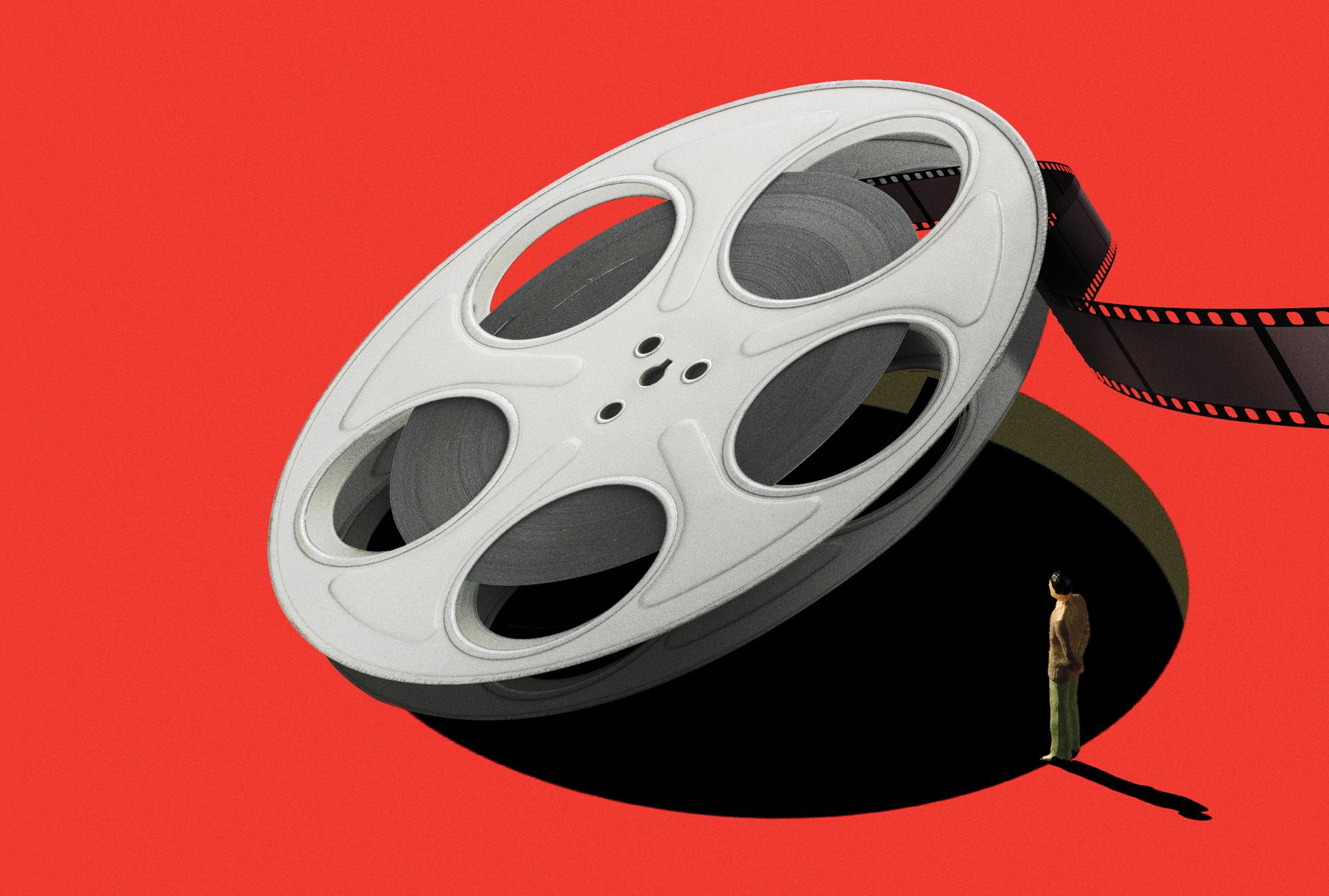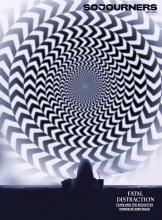Share As A Gift
Share a paywall-free link to this article.
This feature is only available for subscribers.
Start your subscription for as low as $4.95. Already a subscriber?

Illustration by Nicolás Ortega
EVERYTHING EVERYWHERE ALL AT ONCE, the absurdist sci-fi cinematic romp through the multiverse by a Chinese American laundromat owner in the L.A. mega sprawl, garnered seven Oscars this year, including for Best Picture. I’ve seen Everything Everywhere eight times. I’ve introduced it to friends. I did not think my favorite film could do anything wrong. What could be better than to be wrapped up in the spectacle created by directors Daniel Kwan and Daniel Scheinert and their amazing cast?
The directors’ over-the-top approach embraces the “too muchness” of its title. Laundromat owner Evelyn Wang (Michelle Yeoh) lives with her husband, daughter, and recently-arrived-from-China elderly father in a small apartment above the family business. Their dining room is cluttered with the American dream — workout equipment, inspirational business books, beeping electronic kitchen gadgets, a TV droning in the background, and a live security feed to the washers and dryers downstairs. “The Daniels,” as the directors are known, wrote in the original script, “It is a still life of chaos.”
Evelyn and her family are slowly spinning apart, and now the IRS is auditing the Wangs and their business. The forces of chaos are spreading beyond their little apartment. Later, while Evelyn is explaining to an IRS auditor (Jamie Lee Curtis) why her receipts are not in order, she gets a message from her husband (well, an alternative version of him) that she may be in grave danger and that she may hold the key to saving not only her own world but also the worlds in multiple universes and parallel time frames.
Despite its zany premise and on-screen absurdities (from anthropomorphic racoons and talking rocks to people with hot dogs for hands), Everything Everywhere never lets the spectacle eclipse the emotional story at its center: Evelyn is learning to find contentment in her own universe with her real family, even if she has the power to be elsewhere all at once.

Got something to say about what you're reading? We value your feedback!